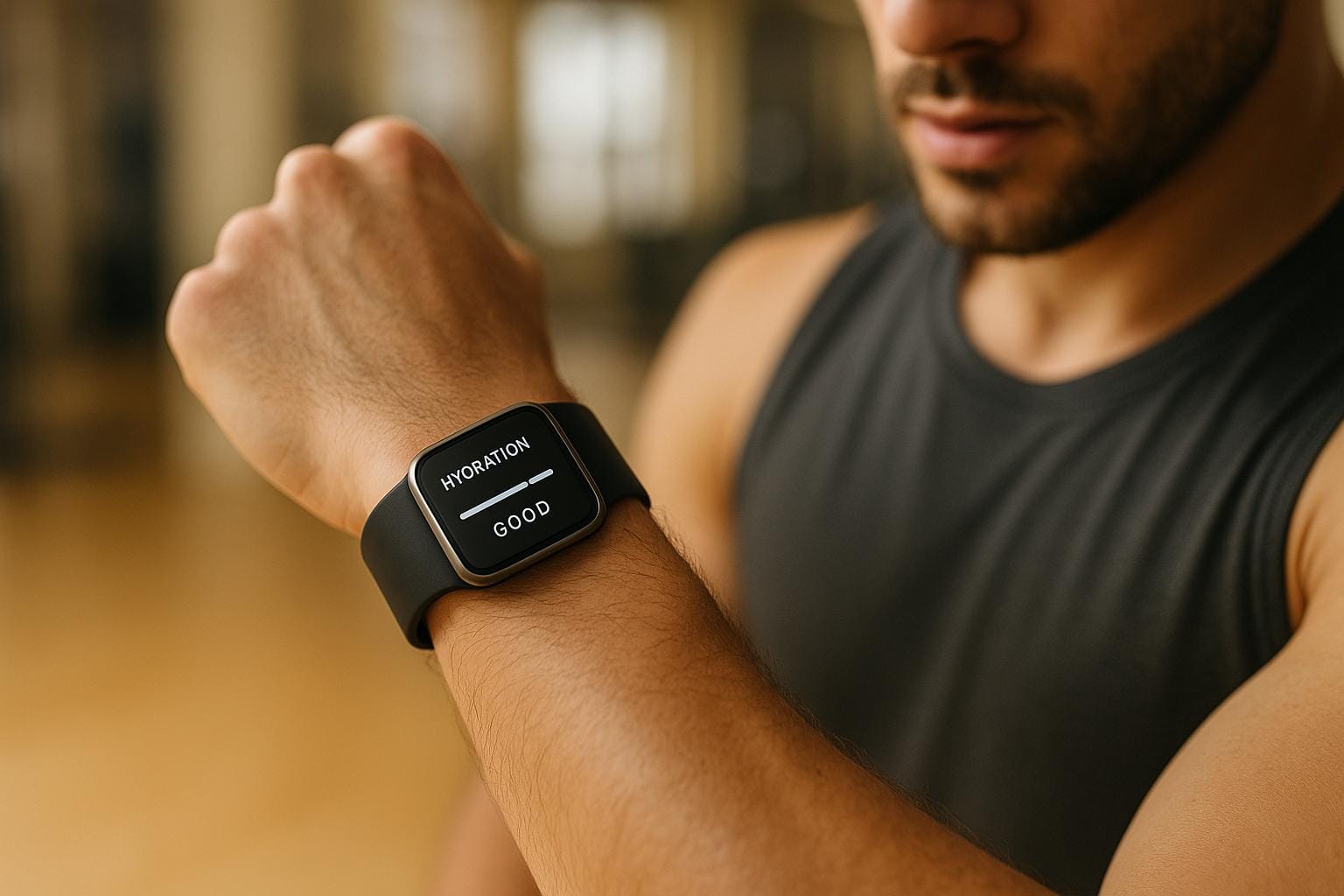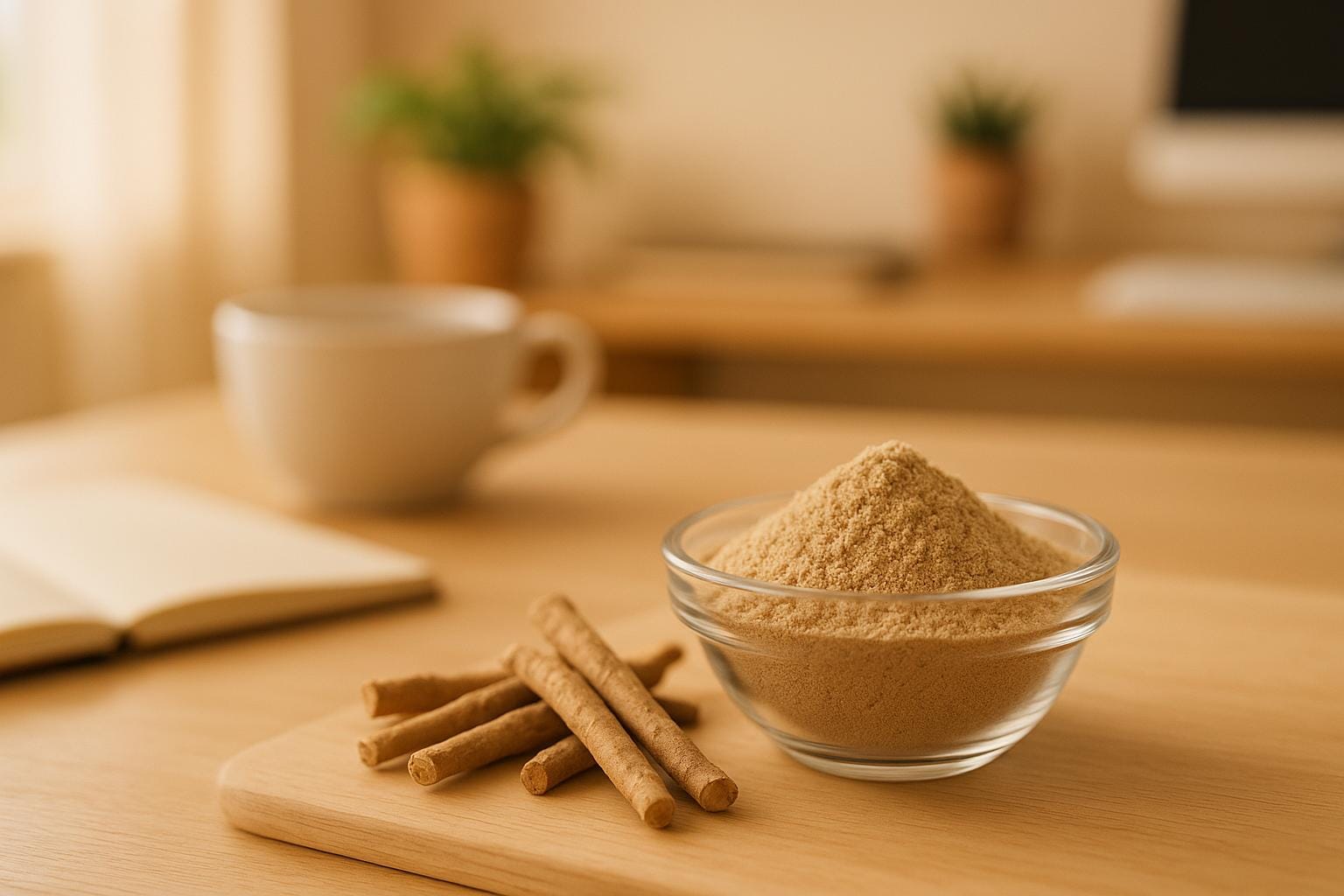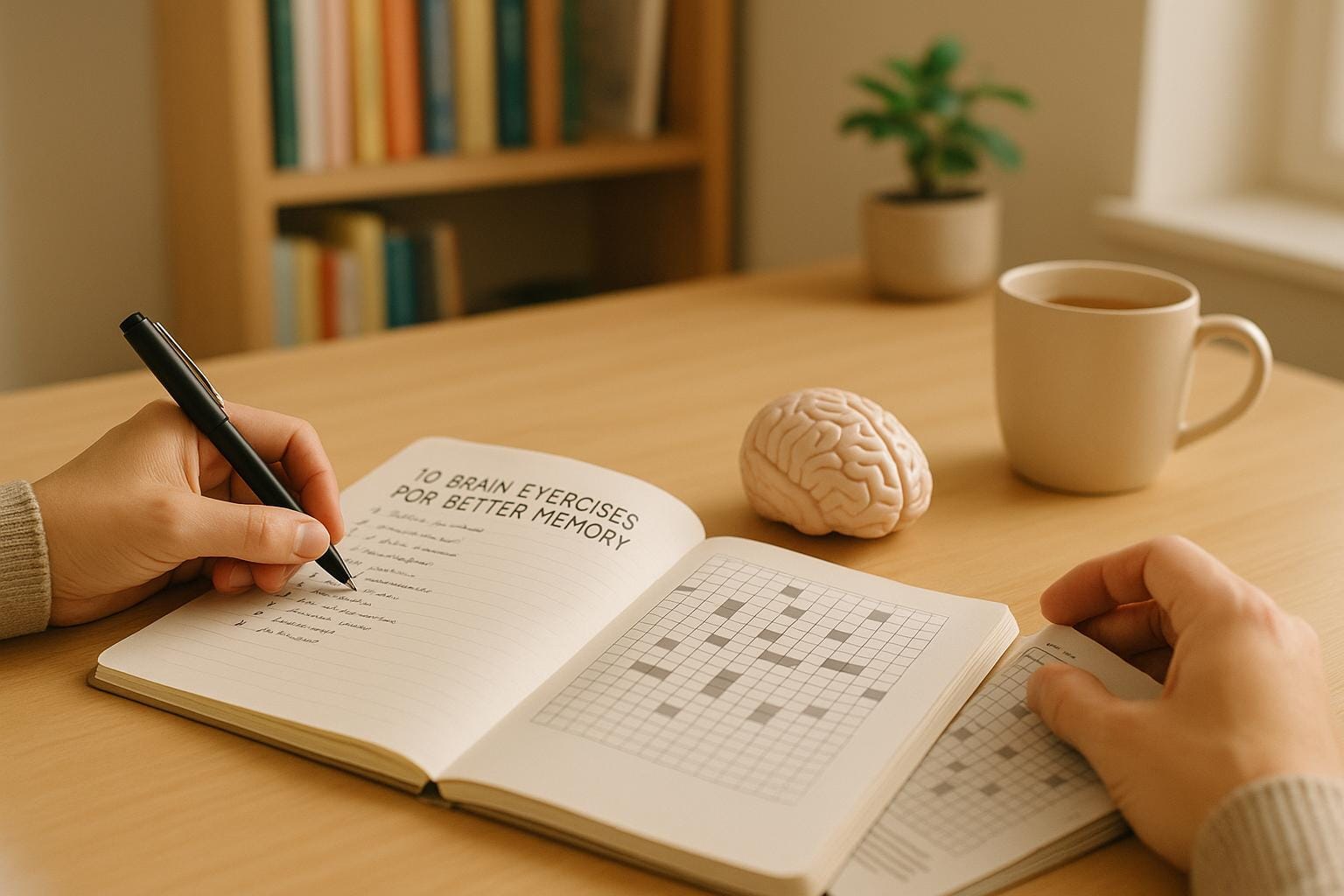Introduction
For athletes and fitness enthusiasts, sleep is the secret weapon that drives recovery and performance. Quality sleep is essential for muscle repair, energy restoration, and hormonal balance. This article explores the science behind sleep, explains how it enhances athletic recovery, and provides practical tips to achieve better sleep quality.
The Role of Sleep in Recovery
Muscle Repair and Growth
During deep, slow-wave sleep, the pituitary gland releases human growth hormone (HGH), which is essential for repairing muscle tissue and stimulating protein synthesis.
Energy Restoration
Sleep replenishes glycogen stores—the primary energy source for high-intensity exercise—ensuring that you have the necessary energy for future workouts.
Hormonal Balance
Consistent sleep helps regulate hormones by lowering cortisol levels and supporting the production of testosterone and IGF-1, which are crucial for muscle recovery and growth.
Inflammation Reduction
Adequate sleep reduces the production of pro-inflammatory cytokines, allowing muscles to recover more efficiently after intense training.
Understanding Sleep Cycles
Non-REM Sleep
Non-REM sleep includes light sleep (Stages N1 and N2) and deep sleep (Stage N3), with deep sleep being vital for physical restoration.
REM Sleep
REM sleep, associated with vivid dreaming, plays a key role in cognitive function, memory consolidation, and emotional regulation. Though it is less directly involved in muscle recovery, REM sleep contributes to overall well-being.
Practical Tips for Better Sleep
Consistent Sleep Schedule
Going to bed and waking up at the same time daily reinforces your body’s natural circadian rhythms.
Create an Ideal Sleep Environment
- Temperature: Keep your room cool (around 60–67°F or 15–19°C).
- Darkness: Use blackout curtains or an eye mask to eliminate disruptive light.
- Noise: Use white noise machines or earplugs to block out distractions.
Limit Screen Time
Avoid electronic devices at least 45 minutes before bed to reduce blue light exposure that disrupts melatonin production.
Develop a Pre-Sleep Routine
Engage in relaxing activities such as reading, taking a warm bath, or practicing light stretching or meditation.
Mindful Nutrition
Avoid heavy meals, caffeine, and alcohol close to bedtime. A light, healthy snack can support sleep without causing discomfort.
Manage Stress
Incorporate relaxation techniques during the day, such as meditation or deep breathing exercises, to reduce overall stress levels before bed.
Regular Exercise
While exercise promotes better sleep, avoid intense workouts close to bedtime as they may increase alertness.
How Sleep Enhances Athletic Performance
Faster Recovery
Quality sleep speeds up muscle repair and reduces soreness, allowing for more effective training sessions.
Improved Endurance
Replenished glycogen stores and balanced hormones contribute to sustained energy during exercise.
Enhanced Focus and Reaction Time
Well-rested athletes experience sharper cognitive functions and quicker reaction times.
Better Immune Function
Adequate sleep strengthens the immune system, reducing the risk of illness and training interruptions.
Real-World Examples
Elite athletes often prioritize sleep, and many teams now include sleep coaches in their training programs. Studies demonstrate that even a single night of sleep deprivation can significantly impair muscle recovery, emphasizing the critical role of consistent, restorative sleep.
Long-Term Sleep Improvement Strategies
Track Your Sleep
Use a sleep tracker or journal to monitor patterns and identify areas for improvement.
Adjust Your Environment Seasonally
Adapt your bedding and room settings to maintain a consistent sleep environment throughout the year.
Seek Professional Help
If sleep issues persist, consult a sleep specialist for personalized guidance and treatment.
Conclusion
The science of sleep clearly demonstrates its importance in athletic recovery and performance. Prioritizing quality sleep through consistent habits and a conducive sleep environment can significantly enhance your recovery process, reduce injury risk, and improve overall performance.
This article is for informational purposes only and is not intended as medical advice. Please consult a healthcare professional for personalized sleep recommendations.












